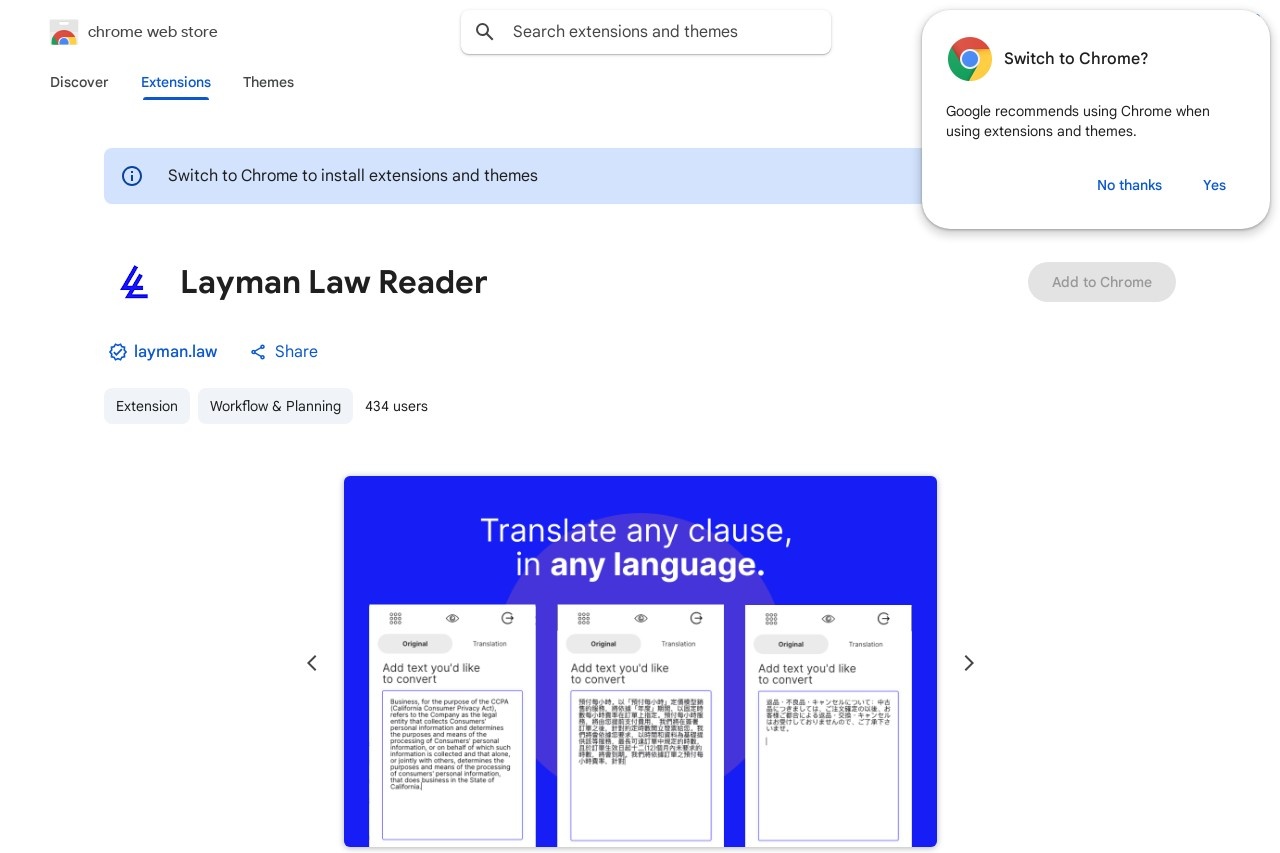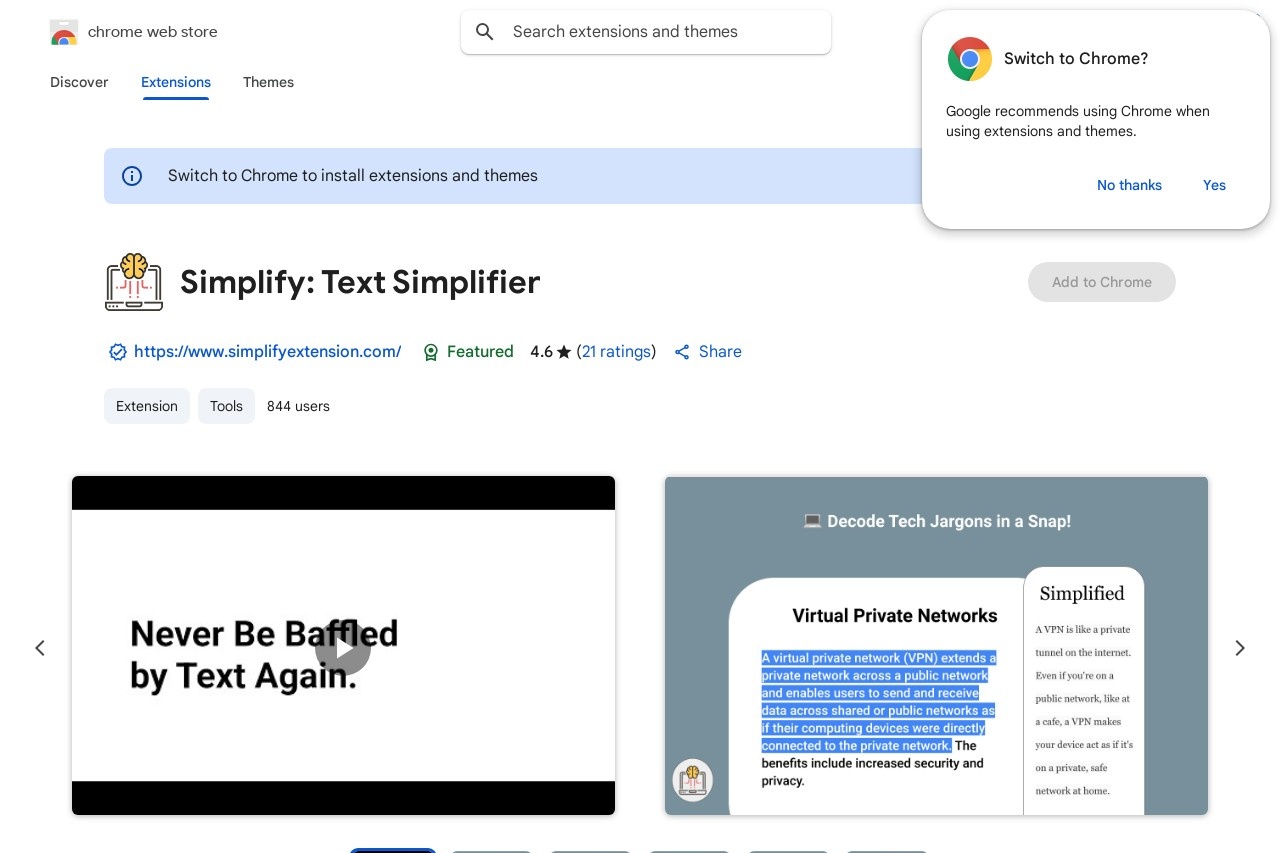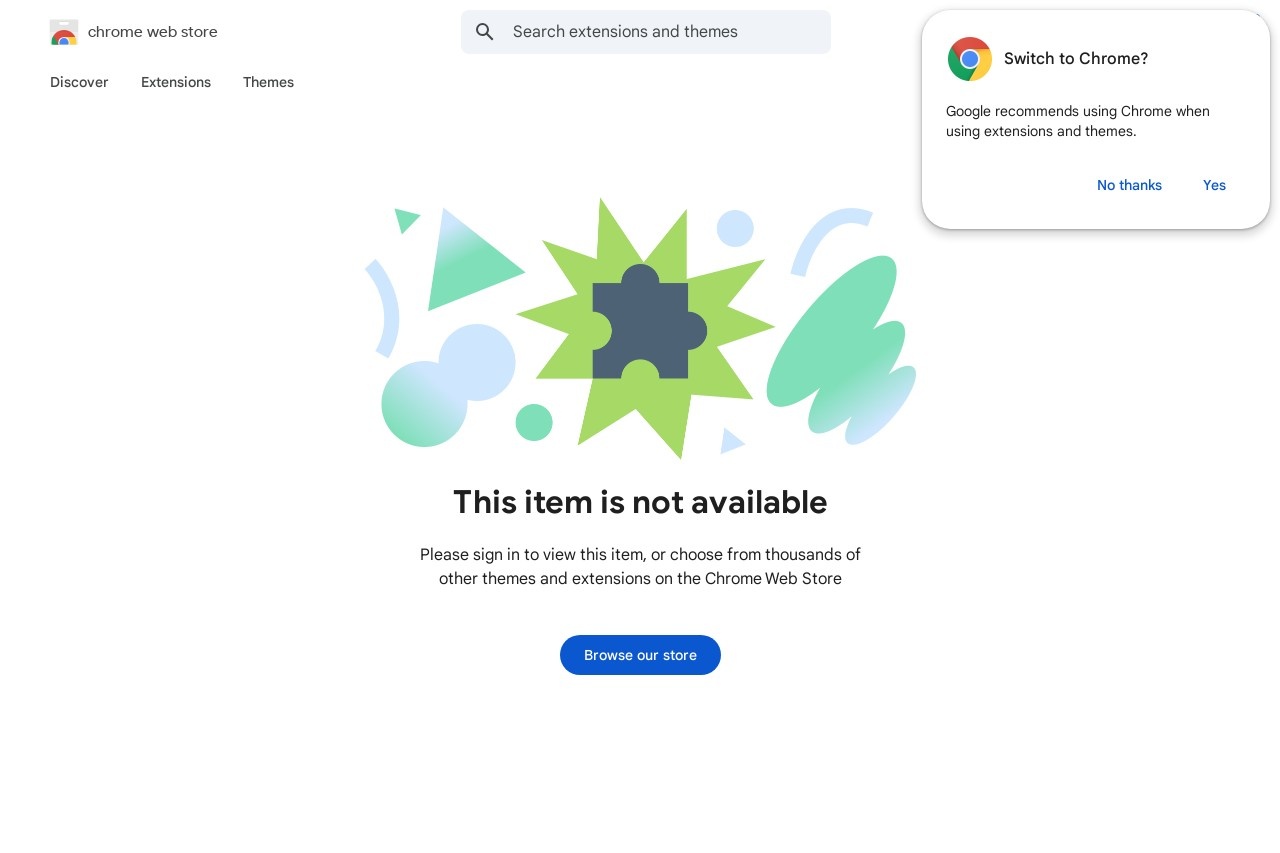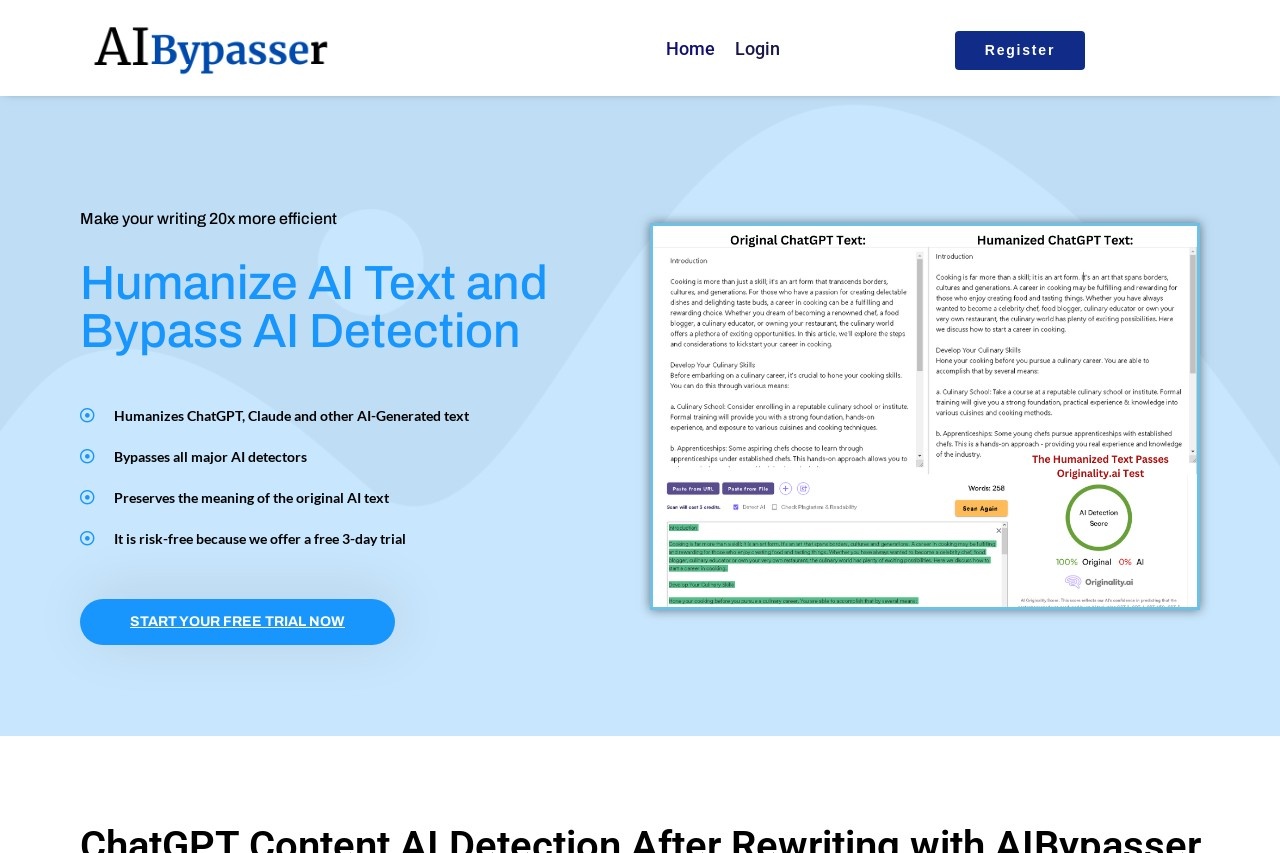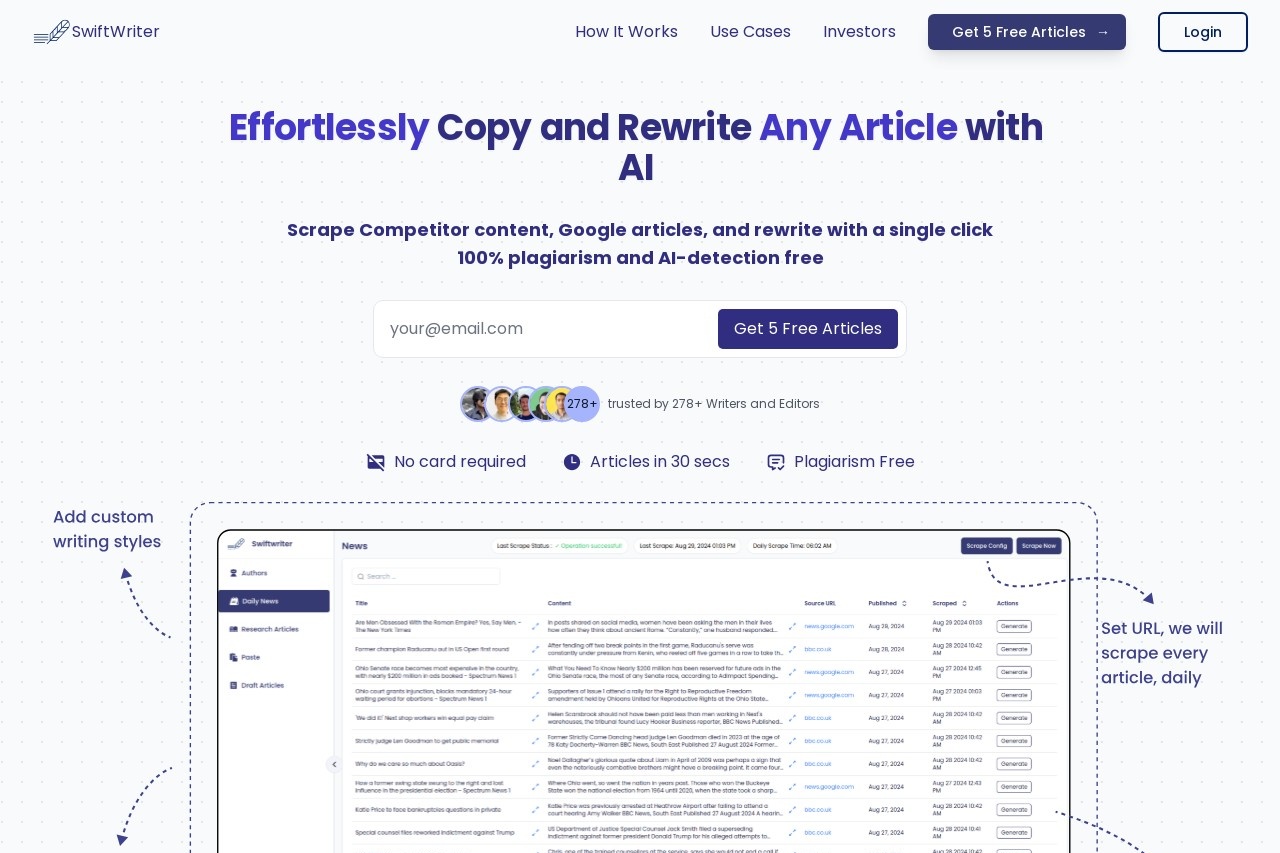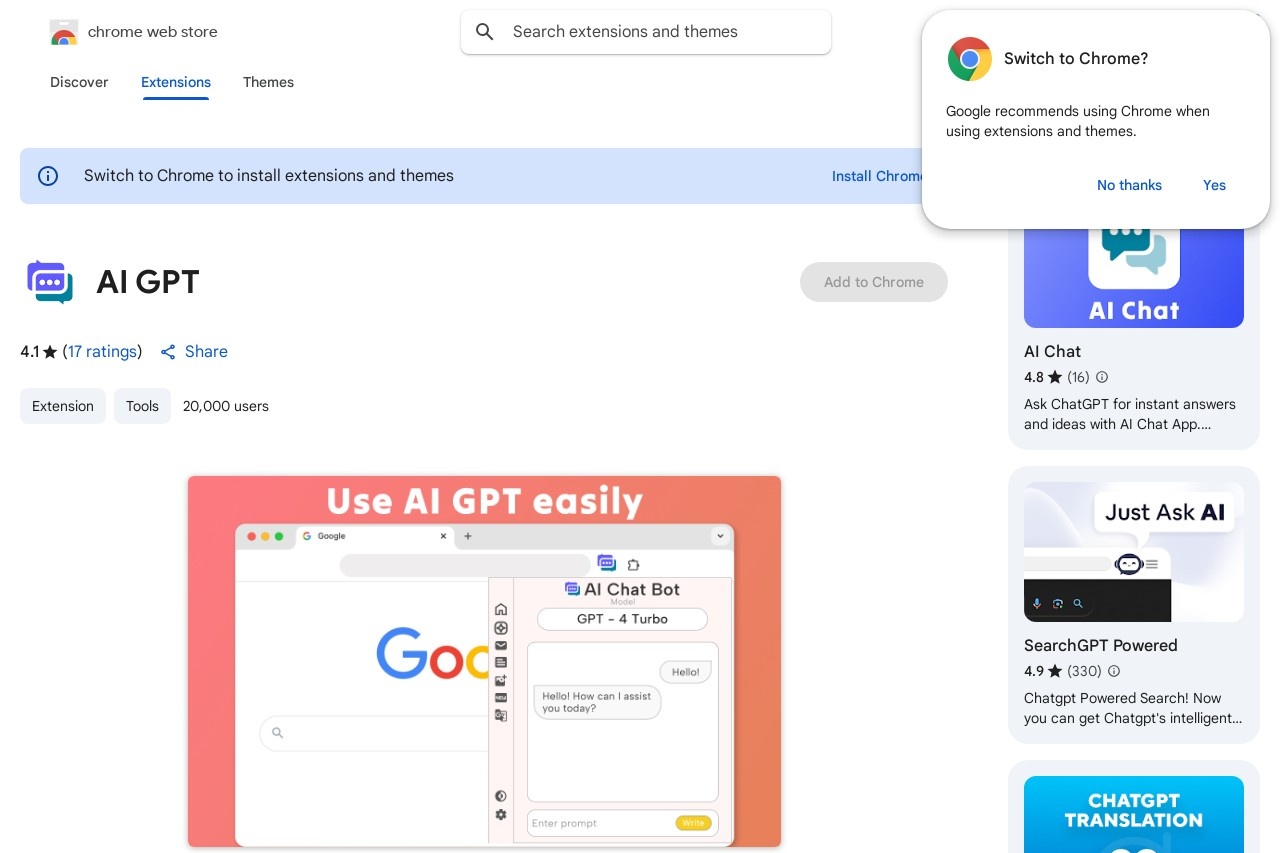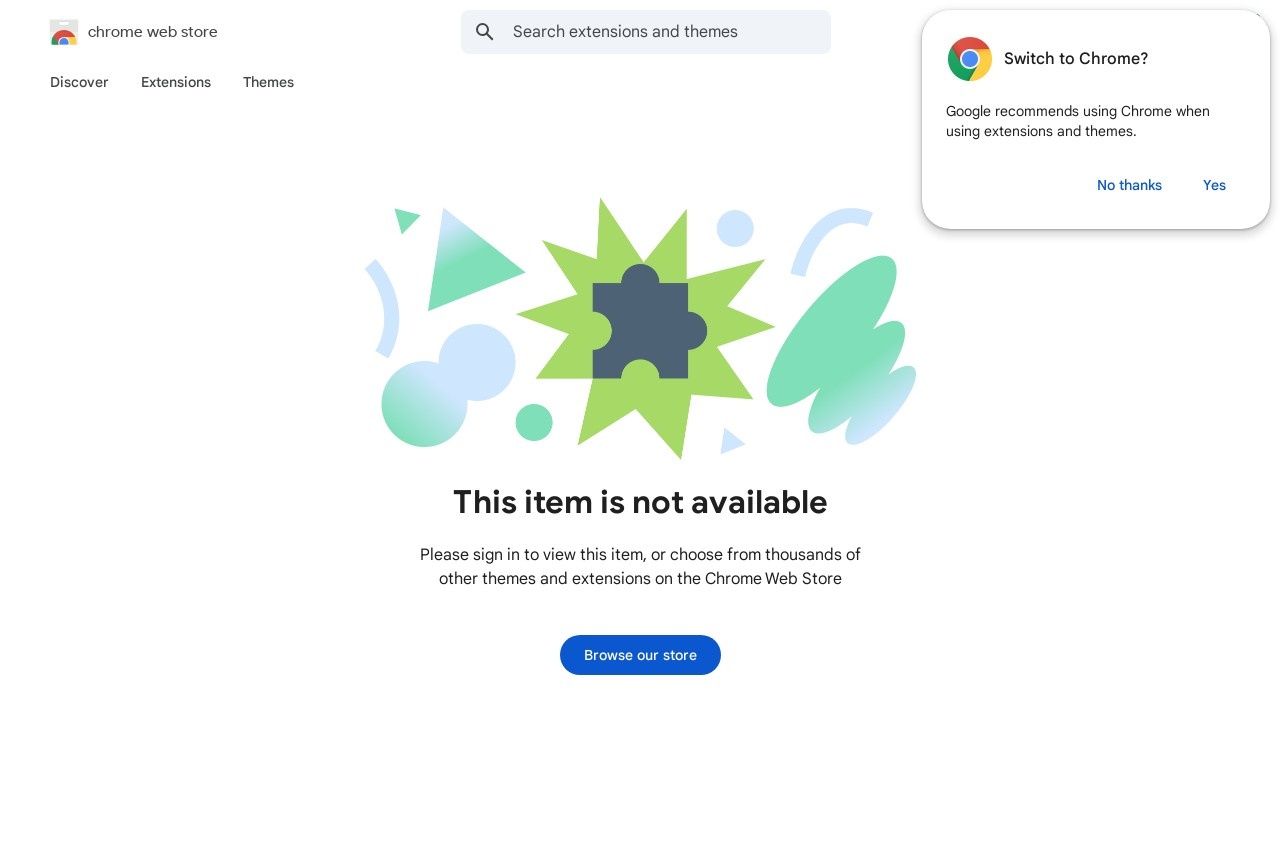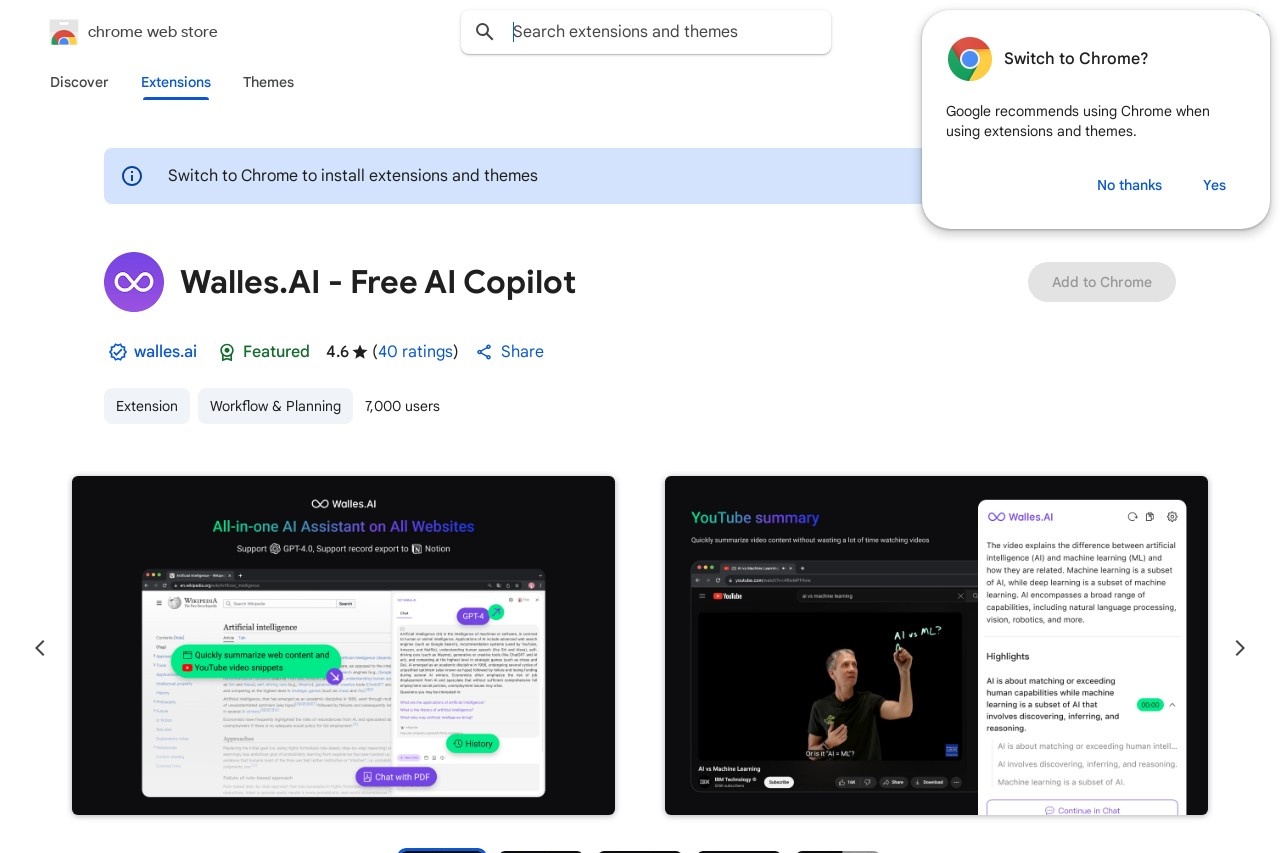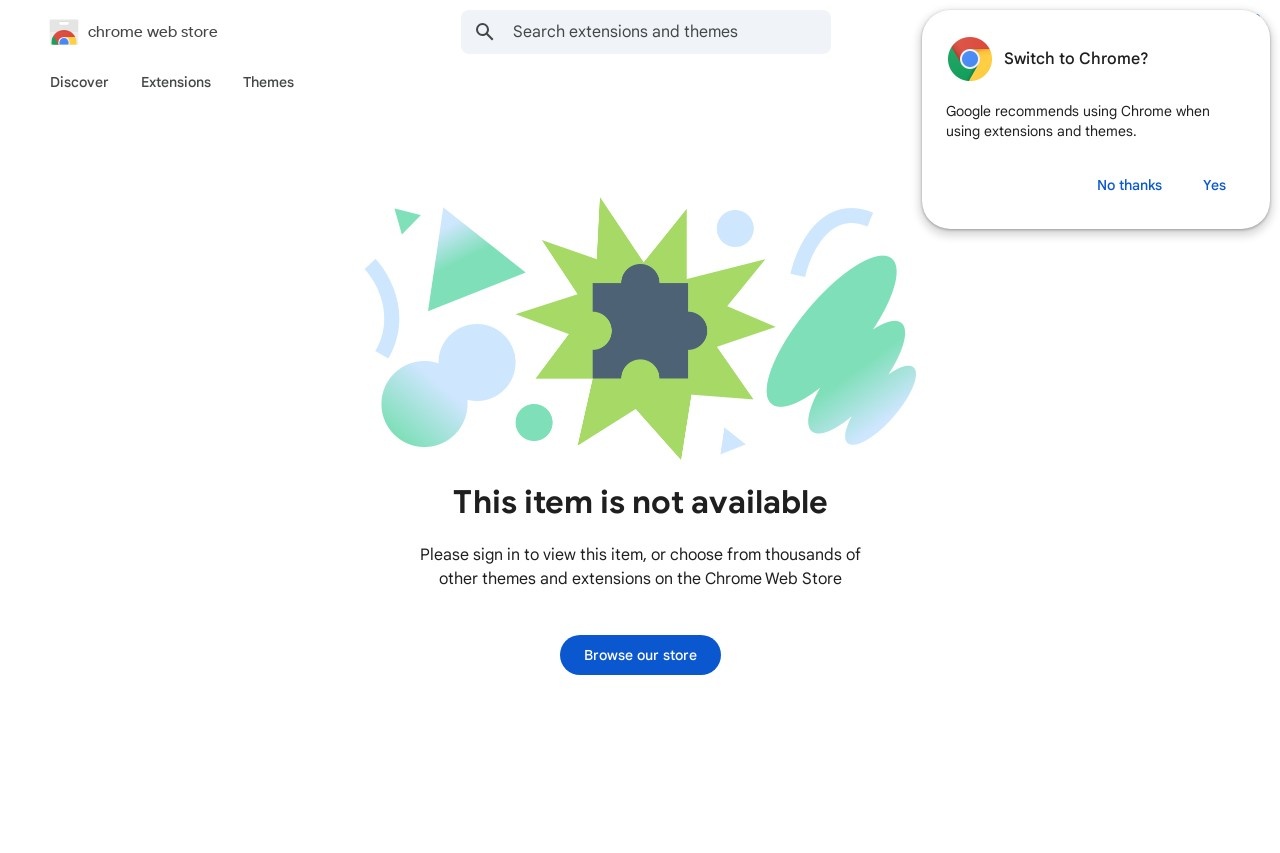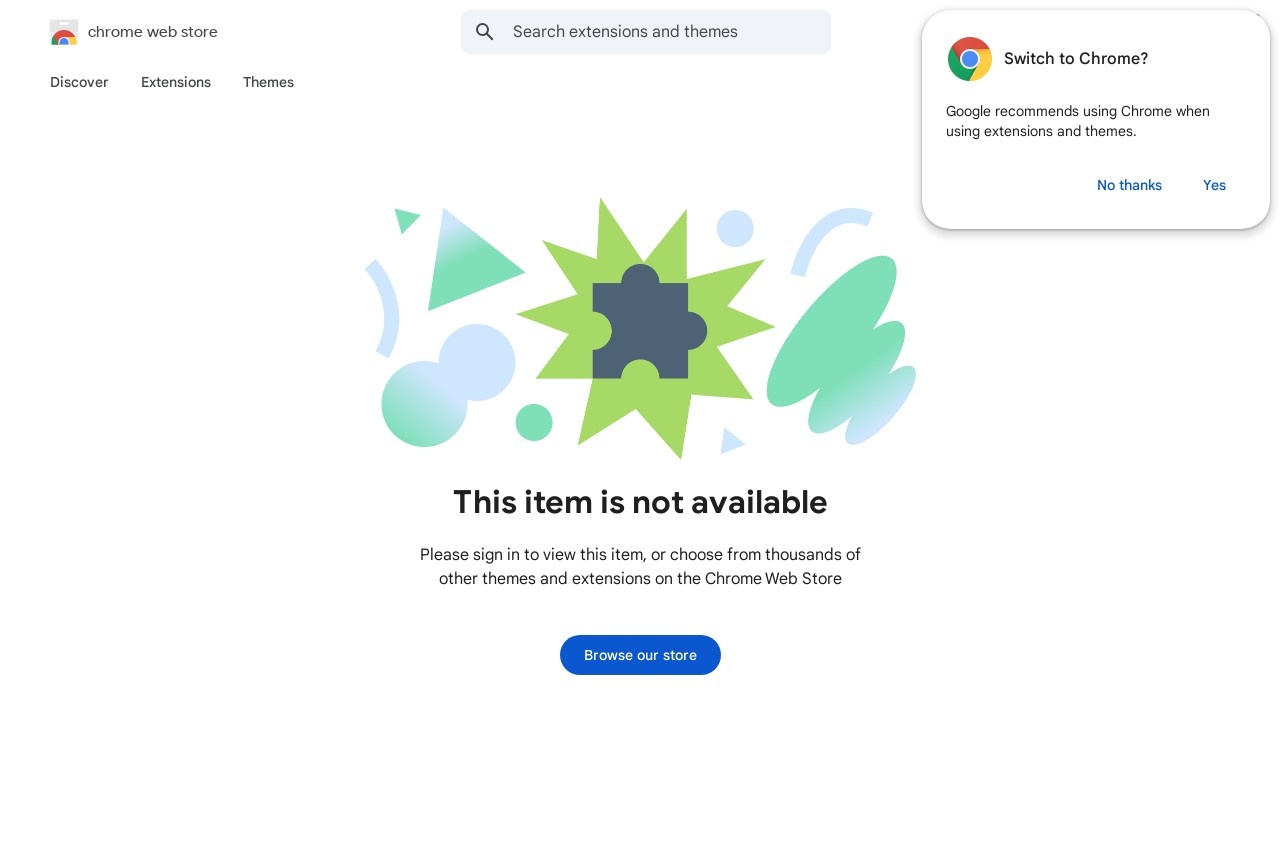Layman Law
Layman Law: Simplifying Legal Jargon into Plain English
Legal documents are notorious for their complex language and confusing terms. For most people, understanding a contract or legal notice feels like deciphering a foreign language. This is where Layman Law comes in—a concept dedicated to breaking down legal jargon into simple, everyday English.
Why Legal Jargon is a Problem
Legal professionals often use specialized terminology for precision, but this creates barriers for the general public. Common issues include:
- Unfamiliar words: Terms like "force majeure" or "indemnification" are rarely used outside legal contexts.
- Long, convoluted sentences: Legal texts often contain multiple clauses, making them hard to follow.
- Assumed knowledge: Many documents presume the reader understands legal concepts.
How Layman Law Helps
Layman Law aims to make legal information accessible by:
- Translating terms: Replacing Latin phrases like "prima facie" with plain English equivalents ("at first glance").
- Simplifying structure: Breaking long paragraphs into shorter, clearer sentences.
- Adding explanations: Providing context for concepts like "liability" or "breach of contract."
Examples of Simplified Legal Language
Here’s how Layman Law transforms common legal phrases:
- Original: "The party of the first part hereby indemnifies the party of the second part."
- Simplified: "Person A agrees to cover Person B’s losses."
Another example:
- Original: "Pursuant to Section 12.3, the lessee shall remit payment posthaste."
- Simplified: "As per the agreement, the renter must pay immediately."
Who Benefits from Layman Law?
This approach is useful for:
- Individuals reviewing contracts (e.g., leases, employment agreements).
- Small business owners without legal teams.
- Anyone navigating legal forms or government documents.
By demystifying legal language, Layman Law empowers people to understand their rights and obligations without needing a law degree.


